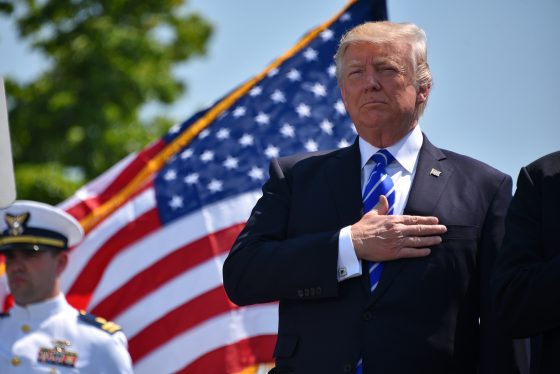
WASHINGTON, D.C. — President Donald J. Trump has signed an executive order officially ending federal funding for the Corporation for Public Broadcasting (CPB), which helps support National Public Radio (NPR) and the Public Broadcasting Service (PBS). The order marks a significant shift in how public broadcasting will be funded in the future, removing tens of millions of dollars in annual taxpayer support.
The decision aligns with longstanding conservative concerns over perceived political bias and content priorities at both NPR and PBS. Supporters of the move argue that taxpayer dollars should not be used to subsidize media organizations they see as ideologically skewed or misaligned with public interests.
“This executive order puts an end to the federal government funding content that millions of Americans find biased and out of touch,” President Trump said in a statement. “It’s time for these outlets to stand on their own without taxpayer subsidies.”
Critics of NPR and PBS have accused both organizations of promoting progressive viewpoints on issues such as gender identity, race, and politics, and have cited editorial choices they view as dismissive of conservative perspectives. Examples raised by critics include NPR’s editorial stances on topics ranging from the origins of COVID-19 to the use of gendered language, and PBS programming featuring themes related to race and identity.
In contrast, defenders of public broadcasting argue that NPR and PBS provide valuable educational and cultural programming to underserved communities, particularly in rural areas, and maintain high standards for journalism and public service. They warn that defunding these services could limit access to trusted news and educational content, particularly for children and low-income families.
The Corporation for Public Broadcasting currently receives about $465 million annually in federal funding, a portion of which supports NPR and PBS member stations nationwide.
The executive order is expected to prompt legal and legislative challenges, as Congress traditionally controls federal appropriations. It remains unclear how this move will affect local public broadcasting stations, many of which rely partially on CPB funds for operations.
Background:
- NPR and PBS have previously faced scrutiny from both ends of the political spectrum.
- The CPB was established in 1967 to promote non-commercial, educational broadcasting.
- Multiple presidential administrations have proposed cuts to CPB funding, but bipartisan support in Congress has historically preserved it.










